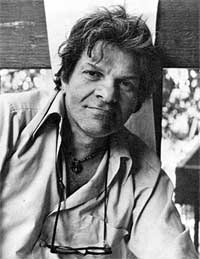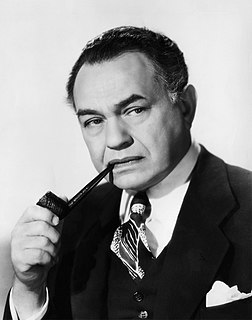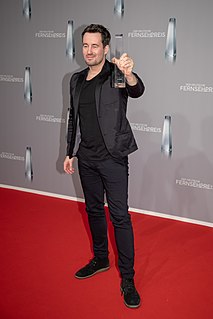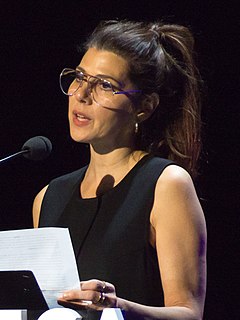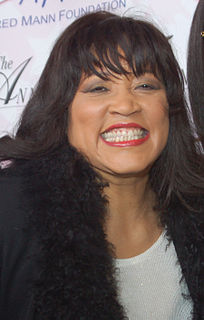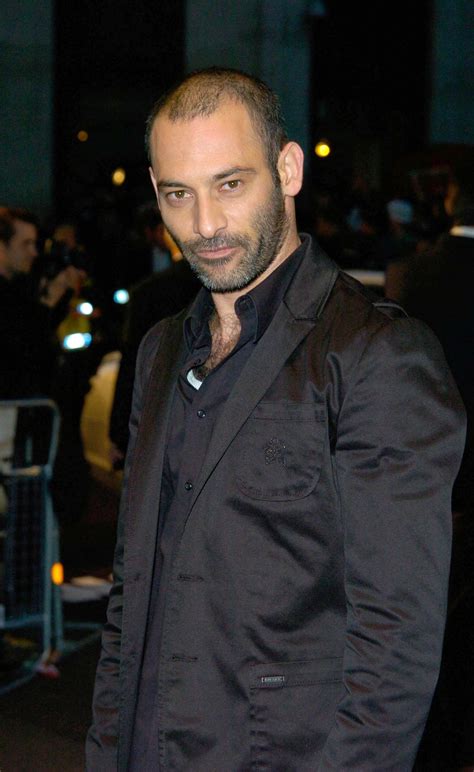A Quote by Gregory Corso
My background did not start with the East Side; it started with Greenwich Village, which is West Side.
Related Quotes
My grandfather and his wife came to America at the end of the 19th century from Hungary. Everyone started out on the Lower East Side. They became embourgeoise and would move to the Upper West Side. Then, if they'd make money, they'd move to Park Avenue. Their kids would become artists and move down to the Lower East Side and the Village.
These are such First World problems, but there's a certain claustrophobia to New York. You don't escape in the East Village, but it at least feels full of camaraderie and youth - or full of camaraderie and youth in an East Village that is as full of Chase banks and Starbucks as the Upper West Side, or anywhere else in Manhattan.
I did something rather innovative that my competitors didn't like: I took out a full-page advertisement in the Yellow Pages that listed an office on the east side of Cincinnati, and another office on the west side, while every other heating/air-conditioning company had only one location and one phone number. I was the citywide company. In fact, our 'westside office' was just an answering service taking telephone message. From the start we appeared to be a big company.
We would also go to musicals. So Singing In the Rain, On the Town, and West Side Story. Especially West Side Story because played that a lot before VCRs, so that would be something that would be a big deal if it came on, you caught it. So that really started, my family was not in show business at all but really loved that kind of thing.
I started in theater when I was 14 in the Henry Street Playhouse on the Lower East Side in New York. You hustle, you beat the sidewalk, the pavement - audition, audition. I just started working around town everywhere. I mean everywhere - the Village, Harlem, you know. Brooklyn Academy Of Music. Just job after job.
